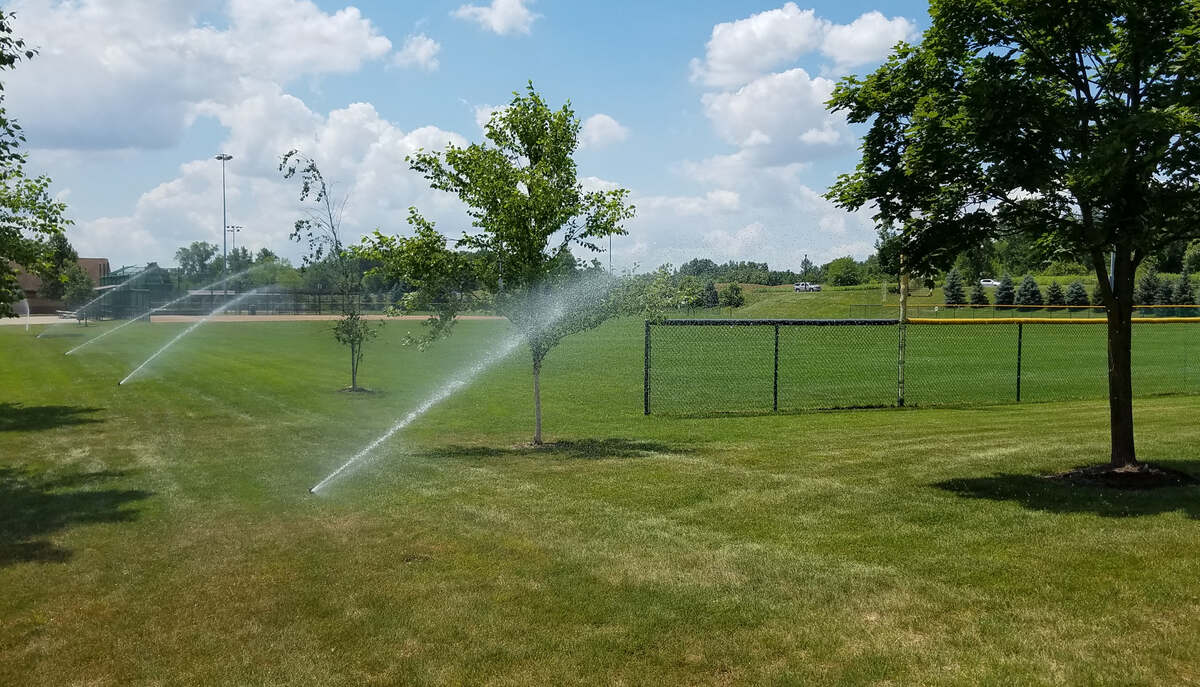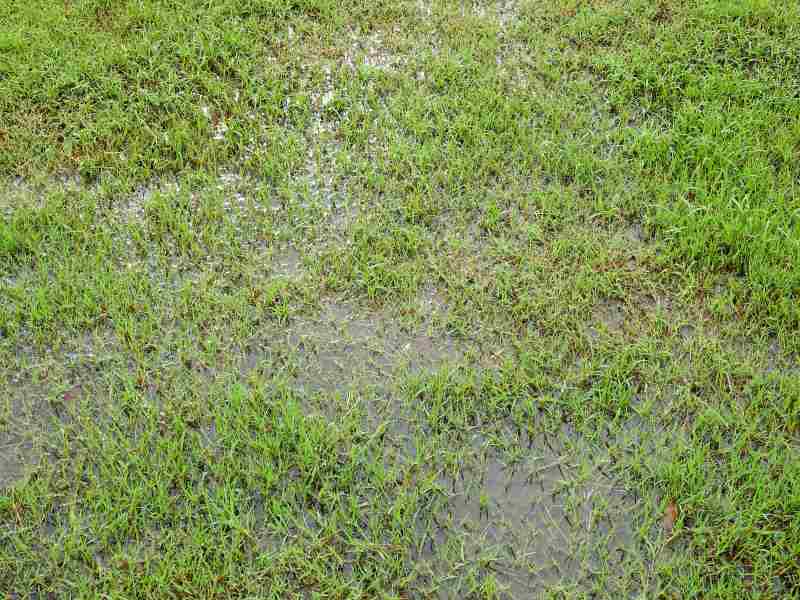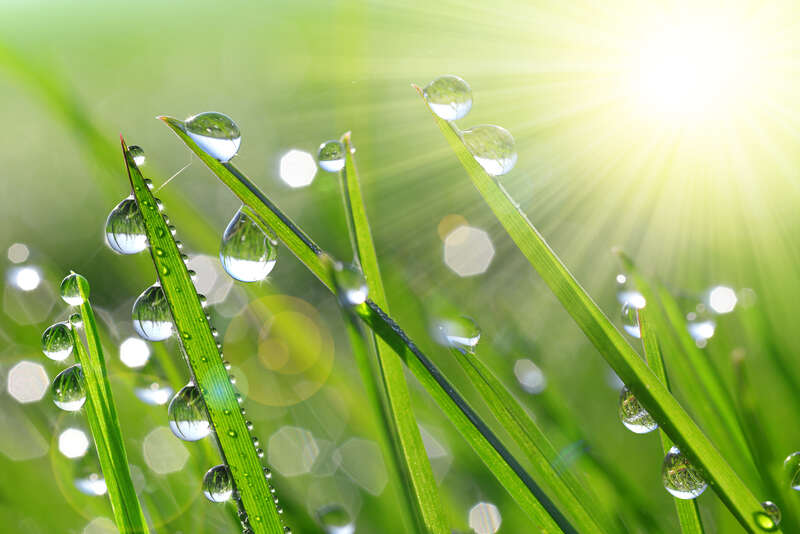
A lawn sets the tone of your home before anyone steps foot through the door. For summer especially, lawn care should be a priority to ensure your lawn keeps its curb appeal.
The most important thing you can do for your lawn is to water it the right way.
Water accounts for about 75% of the weight of grass and, in turn, is an essential part of its overall health. Watering might seem like a common sense procedure, but a lot of homeowners are falling short in achieving their perfect lawn simply because of their watering regime. There is a proper way to water a lawn, and in the end, it can save you money on bills.
We have compiled a few helpful tips, the do’s and don’ts of watering, to keep your lawn properly nourished and full of life.
Avoid Over-Watering

Photo Credit: srckomkrit / Adobe Stock Free / License
The most common mistake homeowners make is over-watering their lawn.
Water for an Hour a Week
Many think that watering the lawn every day for 15 to 20 minutes will take care of all their watering needs. However, watering every day will make the grass roots shallow and make the lawn more dependent on you for water. It’s best for your lawn to water once a week for about an hour: the equivalent to an inch of rain.
Warm-Season Grasses Need Less Water
Depending on if you have a warm-season grass or cool-season grass the grass will need different amounts of water. Warm-season grasses are better suited for droughts, so they tend to need less water than cool-season grasses. You can check on how moist your soil is by using a form of wood, a chopstick, a popsicle stick, etc, sticking it into the ground about an inch or two deep, and seeing if the wood becomes discolored.
Check out our article on the best grass types for Columbus.
Pay Attention to the Weather
In general, grass needs about an inch of rain a week, and if nature provides that, all the better. Keep a rain gauge around your yard so you can keep track of how much rain you have had for the week. Make sure to turn off the sprinkler system when it does rain so you can take advantage of the free water. After the storm passes, look up when the next storm is expected to come. The lawn will not need to be watered again until the top 1-2 inches look dry. Households in America tend to devote about 30 percent of their water usage to outside. Having an awareness of when free water is expected to come can lower your water bill drastically.
You can also invest in a rainwater sensor that attaches to your irrigation system. When the sensor has collected enough water for the day, the irrigation system will not run.
Timing Matters

Photo Credit: vencav / Adobe Stock Free / License
Water Before 10 A.M.
The best time to water is in the morning before 10 a.m. when the air is cooler and less windy. Watering in the morning will allow the water enough time before full sun exposure to soak into the grass roots.
Watering at Night Can Cause Disease
A night-time water regime is the worst thing you can do for your lawn. Without sunlight, the water will sit on the grass for prolonged periods of time. This will encourage fungus and other diseases to grow. If you have a sprinkler system, set the timer for a morning water schedule.
Evaporation is Real
Watering during the day will result in about 25 percent of your water evaporating. Especially in the heat of summer, watering in peak sunlight hours is inefficient.
During the summer it is important to keep your lawn lush while staying eco-friendly. Watering the lawn the right way can save you money and save the environment.
Still have questions about lawn care? Visit our Columbus, OH lawn care services page for more information.
Top Photo: Ohio State University West Campus / Dan Keck / Flickr / CC0 1.0